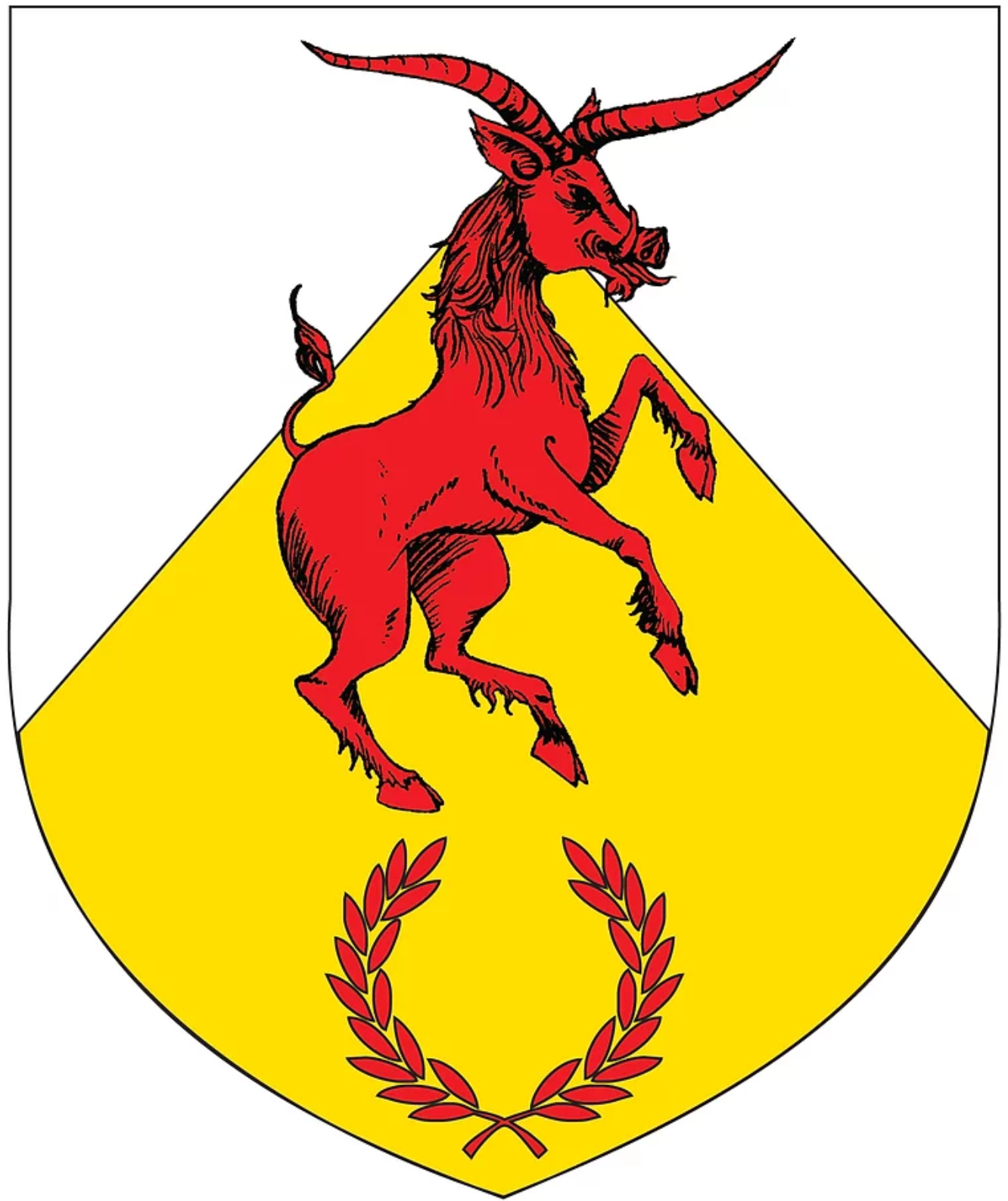Welcome to the Current Middle Ages
Picture a meadow ringed by bright pavilions, pennants flying overhead. Lords and ladies stroll about, talking and laughing together, or turn to watch the center of the meadow, where knights in armor strive with sword and shield. Minstrels play lutes and harps, singing softly of love or battle, and their songs blend naturally with the clangor from the field. In the shadows of one tent, a King and Queen confer soberly with a richly-dressed circle of advisors; in another, a half dozen ladies and a couple of enterprising gentlemen gossip and compare the merits of various embroidery stitches, while children and puppies play about their feet. A green-cloaked herald strides out into the field and announces a Royal Court. The people in all their finery begin to gather around the thrones.
A historical romance? No. This is the Society for Creative Anachronism, an educational organization devoted to recreating the Middle Ages and the Renaissance, as they were and as they might have been.
What is the SCA?
SCA members study the culture and technology of their period, but they don’t stop with historical research. They practice what they have learned – they build the tools, sing the songs, make and wear the clothing, cook and eat the food that was popular in former times. They build replica armor and weapons, and learn how to use them. Archery, brewing, calligraphy, dance. . . the whole range of human activities are open to anyone who finds them intriguing. In addition to the physical trappings of their historical recreation, SCA members also seek to embody the ideals of the literature of the period: chivalry, courtesy, honor, and hospitality.
We recreate the Middle Ages “as they should have been” members say, referring to their attempts to evoke the strong and hopeful aspects of the culture without reliving its very real problems.
Society members create a persona, the person who they would like to have been had they lived in the Middle Ages. Some SCA members have chosen only a name. Others have fully developed personas and can talk to you in detail about their “lives” in the Middle Ages.
The Society is a family friendly pursuit. As Prince Einar Guntharson said in a television interview; “I have many friends who play golf as a hobby. They work all week then play golf all weekend and never spend time with their families. In the SCA, you see entire families at events, having fun together. It has something for everyone.”
A Wide Range of Possibilities
The SCA encompasses both serious study and frivolity. Those who join for fun, companionship, food and drink play alongside those who make a serious attempt to authentically duplicate the clothing, skills and crafts of the Middle Ages.
Both aspects, the playful and the serious, are valid but neither dominate to the exclusion of the other. Those who lived in the Middle Ages worked hard, but they also took the time for recreation and play. People who join SCA for fun can help make the serious work more enjoyable. Those who join for serious study can add depth to the merriment.
For more information on the SCA , local meetings and events contact our Chatelaine
SCA Combat
Medieval combat with its swords, shields, and armor attracts much attention. It is often one of the first activities that a newcomer wants to try. Both men and women actively participate in recreating medieval foot combat. The SCA offers many levels of Martial Arts training and pursuits, from the fully armoured warriors of old, to the fancifully dressed rapier wielding fencers, to archery and thrown weapons and even seige engines. Our local Master of Stables can answer all your questions.
Arts & Sciences
There are many skills and crafts that can be learned through the SCA. As a newcomer, you may be overwhelmed and bewildered by the variety of things people work on, and especially by the skill of many of the people you meet. If you do not know what you might be interested in, take some time just to observe others and to ask questions. You should not feel pressured to choose things to do as soon as you start going to meetings. If there are guilds or special interest groups that meet in your area, attend some to get to know the people and see what they do. Perhaps you have a skill in the modern world or an interest that can be “translated” into the medieval world. Or, you might see if others share an interest of yours and start a new special interest group.
If you do not know where to start, talk with your local Minister of Arts and Sciences to inquire about persons in the kingdom who share your interest in a particular skill or craft.
Some of the many things studied in the SCA are:
agriculture
heraldry
newsletters & publications
astronomy
archery
herbal-ism
armouring
horsemanship
horn working
painting
paper making
bardic recitation
horticulture
pavilion making basketry
husbandry
period fencing
book binding illumination
philosophy
bow making poetry
instrumental music
brewing
candle making
lace making
rug making
cartography lapidary
scribing
cooking
leather working
sculpture
costuming
languages
spinning accessories
masonry
tanning
dancing
tool making
masking & mime drama & comedy
mathematics
toy making
drawing
medicine
tumbling
dyeing
merchanting
vintning
embroidery
metal working
vocal music
falconry
musical composition
weapon smithing fighting
musical instruments
weaving gaming needlework woodworking
glass blowing
jewellery
pottery
calligraphy
juggling
riddles
